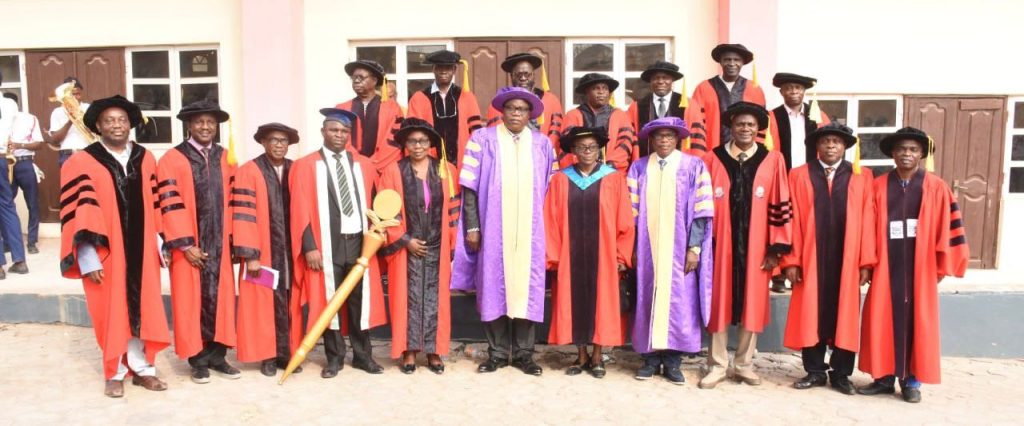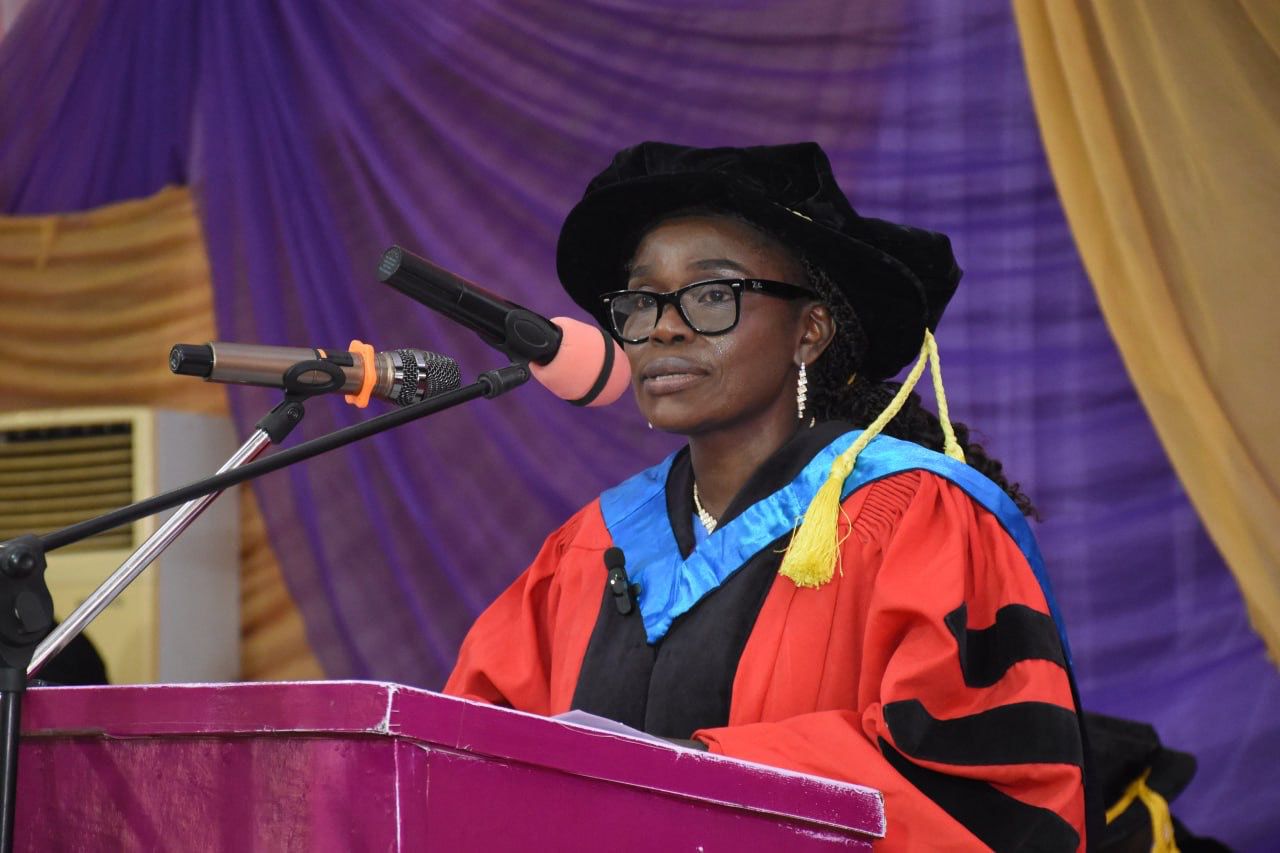A distinguished scholar of African and Caribbean Drama and Theatre, Prof. Omotayo Oloruntoba-Oju, has underscored the influential role of literature and theatre in promoting justice and morality, while calling for their integration into educational curricula with special consideration for establishing community theatre programmes in universities to enhance communal engagement and social development.
She made this assertion on Tuesday, February 11, 2025, while delivering the 34th Inaugural Lecture of Adekunle Ajasin University, Akungba Akoko (AAUA), titled What Literature Told Me, What the Theatre Taught Me: Performance and Resistance Across Time and Space.
Prof. Oloruntoba-Oju emphasized the need for government intervention in integrating drama into school curricula at all levels, including tertiary institutions.
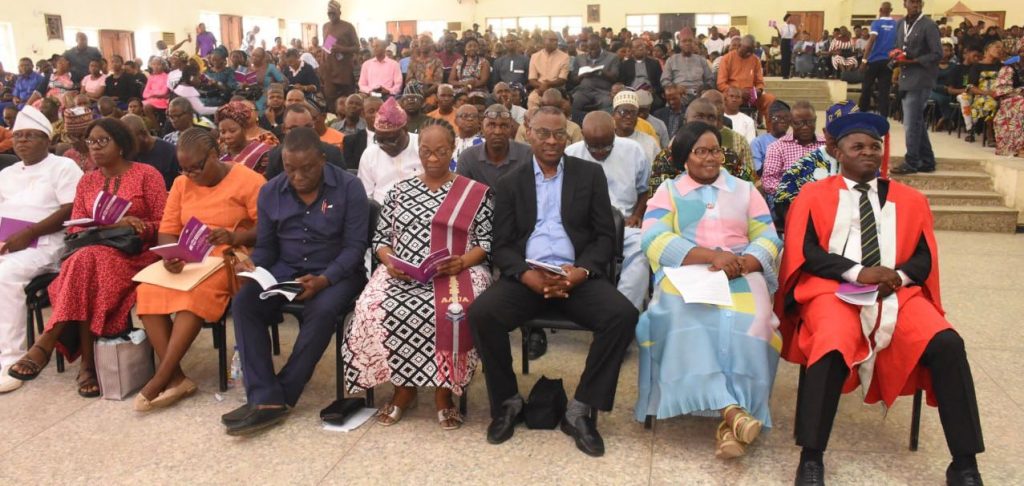
According to her, “Government should take steps to integrate drama into the curriculum of schools and institutions of learning. As my work on integrating drama with the medical training curriculum has shown, the concept works well with the humanities as well as with the sciences.”
She further recommended, “The National Universities Commission (NUC) should facilitate this integration, ensuring drama serves as a pedagogical tool for structured enactments and enhanced communication skills.
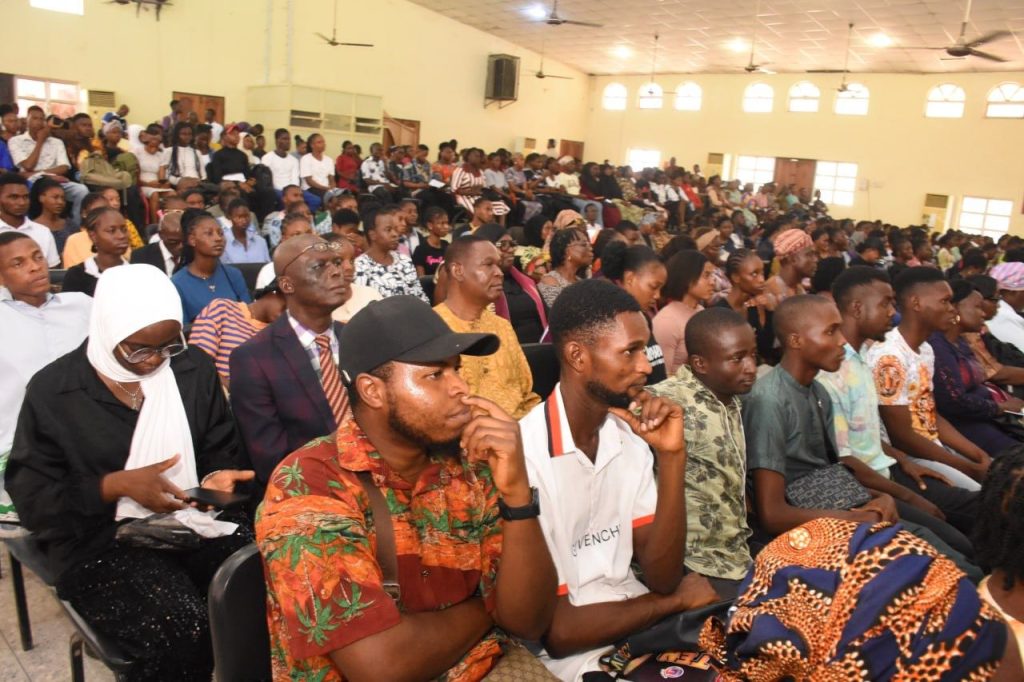
The communal orientation of drama can be harnessed through the establishment of community theatre programmes in universities”, stressing the mobilization potential of theatre in shaping progressive societies.
Prof. Oloruntoba-Oju asserted that literature and theatre have always been catalysts for resistance and transformation, saying, “Literature and theatre have taught me indelible lessons about life and what makes it worth living universally. Chief among these is the promotion of justice, morality, and resistance to evil and injustice. Indeed, resistance to evil is, and has always been, a canon of literature and performance.”
Prof. Oloruntoba-Oju traced the continuities of African performance traditions from ancient masquerade performances like Egungun and Alarinjo to the works of legendary Nigerian dramatist Hubert Ogunde, noting how Ogunde fully immersed himself in the tradition of popular arts, music, and chants, creating a body of work that seamlessly blended drama and mobilizational songs. Many of these songs, she noted, became so widely accepted that people often forgot their origins in theatre.
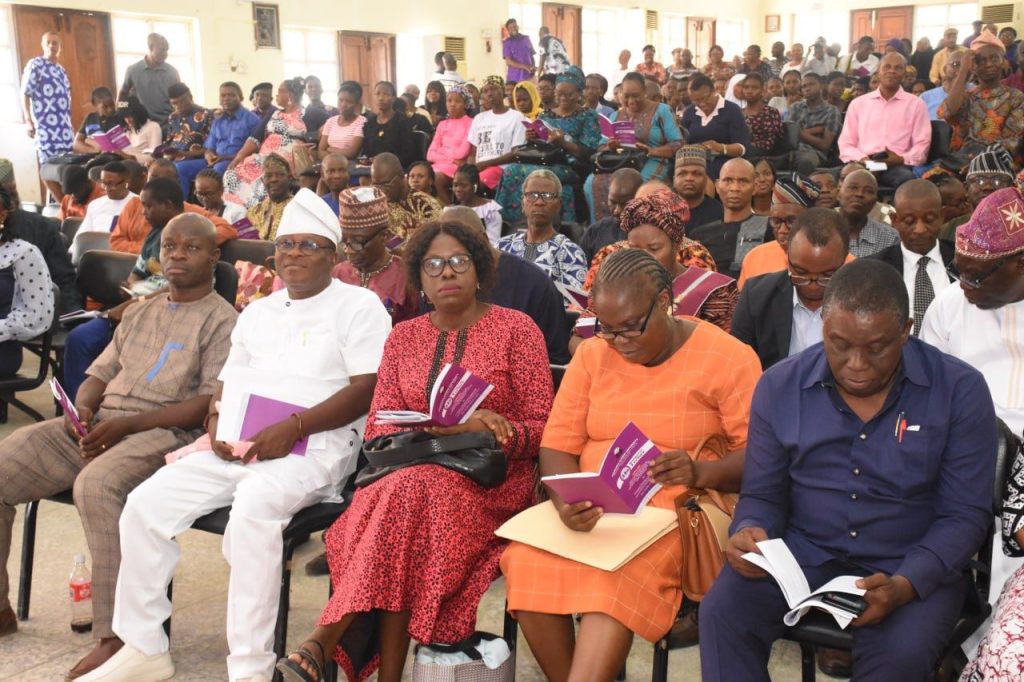
Citing plays like Yoruba Ronu and Otito Koro, she recounted how Ogunde’s songs carried powerful messages of resistance, leading to the colonial and post-colonial bans on his productions.
Referencing historical perspectives, the Inaugural Lecturer recalled the philosophical debates on literature’s purpose, citing Plato’s skepticism and Aristotle’s defense of literature as a means of moral and aesthetic pleasure.
She further explained that literature’s core functions are to educate, inform, and elevate consciousness, shaping a society where justice and equity prevail.
Prof. Oloruntoba-Oju, who described theatre as “the most communal of all arts,” emphasized its mobilization potential and continuity across time and space, noting that theatre has historically been used as a bridge between generations, carrying forward cultural identities and resistance movements.
“Revolutionary theatre in Nigeria exploits indigenous aesthetic traditions to drive social change,” she stated, highlighting the works of renowned playwrights like Wole Soyinka and Femi Osofisan, whose plays incorporate traditional African performance techniques to promote revolutionary ideals.
She also noted the concept of Nigerian revolutionary musical dramaturgy, stressing the power of songs in resistance theatre.
The scholar cited Femi Osofisan’s works as prime examples, noting that such music-laden performances not only entertain but also stir audiences toward social consciousness and action.
Prof. Oloruntoba-Oju, who was the pioneer Head of the Department of Performing Arts at AAUA, recommended the establishment of an autonomous Institute of African Studies (IAS) to further strengthen interdisciplinary studies, decolonial knowledge production, and collaborations within the university itself, among other universities in the country, and with other reputable African studies institutes outside the country, including the University of Oxford African Studies Institute.
She added the need to facilitate the establishment of annual command performances as a way of promoting the institution’s relations with the government while creating a center for the training of artists from the environment to feed national cultural establishments such as Nollywood and the National Theatre, among others.
In his opening remarks, the Vice Chancellor of the University and Chairman of the occasion, Prof. Olugbenga Ige, praised Prof. Oloruntoba-Oju as an exceptional scholar, a prolific researcher, and a mentor to many.
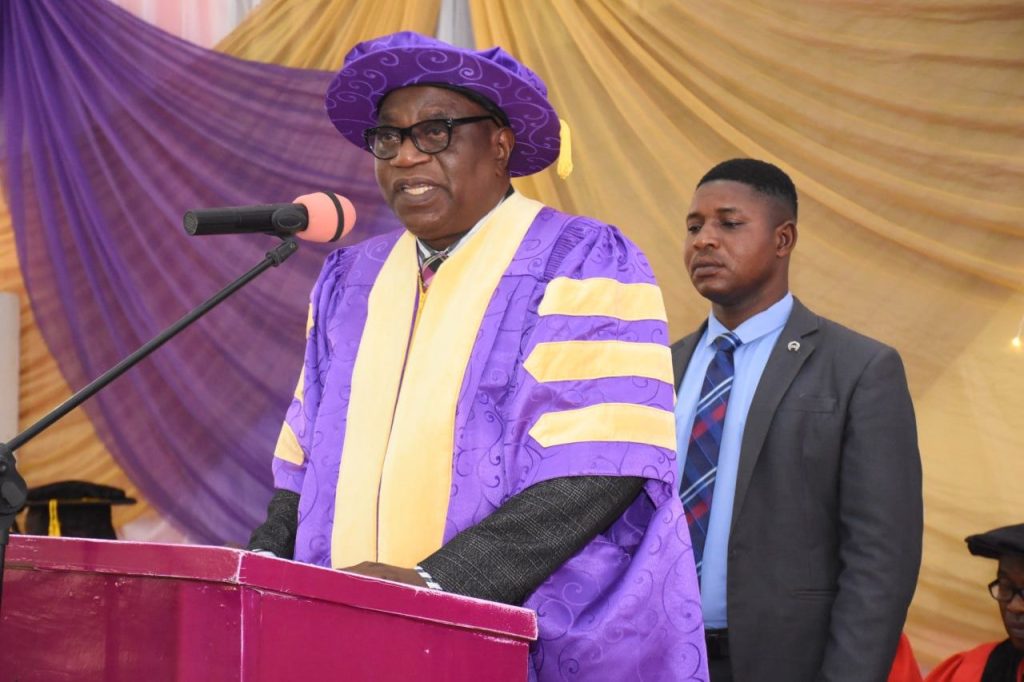
“We recognize her remarkable contributions to academia, particularly in the fields of literature and theatre. Throughout her illustrious career, she has made tremendous contributions to scholarship and has remained dedicated to mentoring the next generation of academics,” he said.
Prof. Ige noted her impressive academic output, which includes several books, edited volumes, a monograph, and over 40 scholarly articles, all of which have significantly advanced knowledge in her field.
